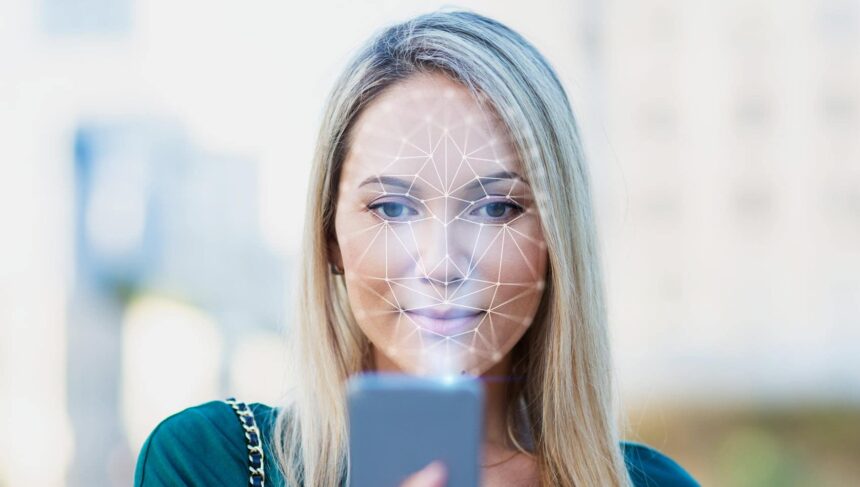Researchers at Penn State University have published their findings showing how facial recognition technologies are highly vulnerable to deepfake-based attacks.
According to the new study, many application programming interfaces that employ facial liveness verification lack the sophistication to detect digitally altered photos or videos.
“In recent years we have observed significant development of facial authentication and verification technologies, which have been deployed in many security-critical applications,” said an author of the study in a news release.
“Meanwhile, we have also seen substantial advances in deepfake technologies, making it fairly easy to synthesize live-looking facial images and video at little cost. We thus ask the interesting question: Is it possible for malicious attackers to misuse deepfakes to fool the facial verification systems?”
“Although facial liveness verification can defend against many attacks, the development of deepfake technologies raises a new threat to it, about which little is known thus far,” said another researcher of the findings. “Our findings are helpful for vendors to fix the vulnerabilities of their systems.”
The findings were presented at the USENIX Security Symposium.


